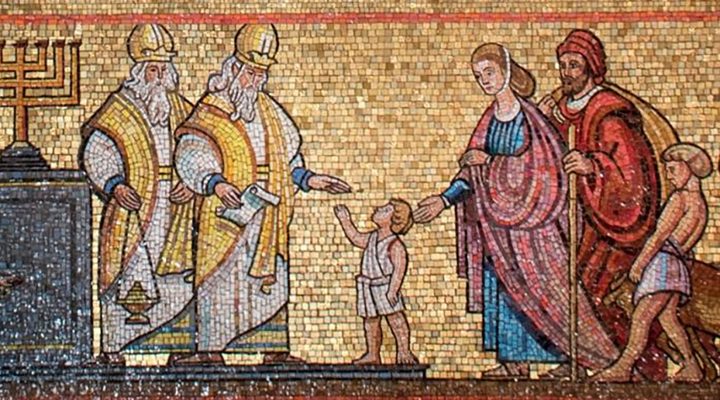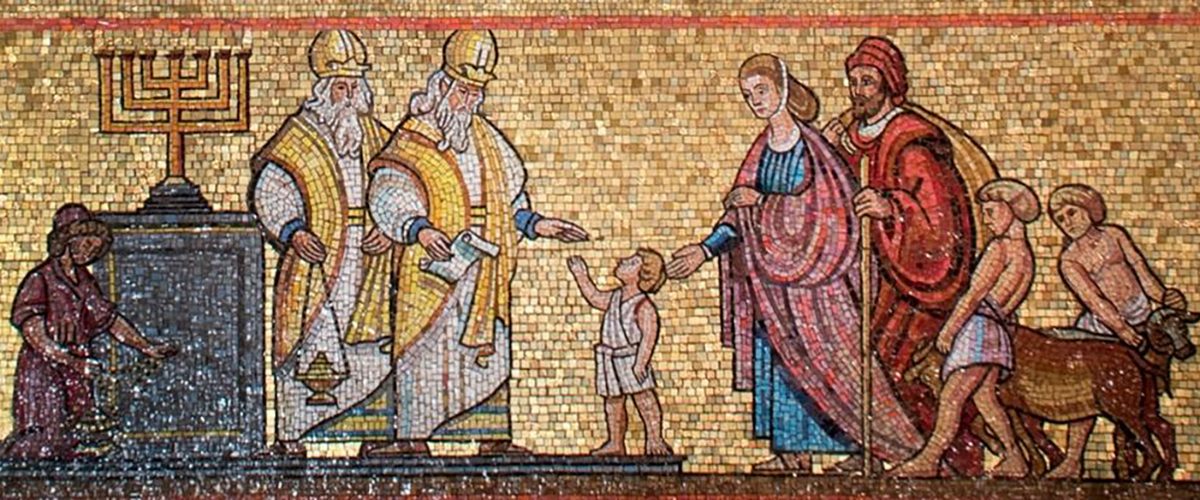As my social media feed filled this week with posts and updates in the face of yet another gathering of Southern Baptists hell-bent on stripping away any leadership opportunities for women in ministry, I found myself angry and disheartened.
While reading through the comments of one of these posts, one person said, “and don’t even get me started on the IVF stuff.”
With even greater dismay, I searched the headlines of a trusted news outlet and there it was: “Southern Baptists Vote to Oppose Use of IVF.” My head burned, my muscles tightened, my heart dropped as the largest Protestant denomination in the United States voiced its opposition to the hope my spouse and I have for our someday family.

Patrick Cardwell
My spouse has Polycystic Ovarian Syndrome, which is treatable but creates risks and complications for a healthy, complete pregnancy. Throughout the struggle of this diagnosis, we have held fervently to our hope of being parents, trusting in the God of all creation and knowing we would need some help from the health care community along the way. For us, that may depend on the availability and accessibility of IVF, if needed.
But there on the page before me, representatives of millions of Southern “Baptists” directly said “no” to our dreams of parenthood, proclaiming their own ignorance of women’s health care and profaning the name of God in the process.
I’m a lifelong Baptist, first hearing stories of faith and trusting God because of my Sunday school at a Baptist church. Among those stories is that of Hannah, mother to the eventual prophet, Samuel. Hannah longed to be a mother and begged God, even making a deal — if she could have a son, she would dedicate him to the service of God. Hannah’s story has long been one of hope and admiration, but since my spouse’s diagnosis it has become a deep consolation for both of us.
Hannah is a woman whose life finds congruence with my own. Hannah is a person who, like my spouse and me, longed to be a parent. Hers is an example of faith in the God who provides, sometimes through the answered prayer that comes as compassionate health care.
What if IVF had been available to Hannah? Would she have taken it? What would she say to those Southern Baptists who voted to negate that possibility? Did they even take time to consider her story before they voted? It certainly doesn’t seem that way.
I am a board certified chaplain and a hope-to-be someday dad. I am an ordained Baptist minister. I remain a Baptist not only because I grew up in that faith community, but more deeply because of my fervent and unwavering belief in a gospel of soul freedom and congregational autonomy.
Where were those gospel ideals with those who approved this resolution on IVF? More than that, where is the compassion, empathy and mercy of Christ in the SBC that met this week? I saw very little of that in their action.
Rather, it appears it isn’t enough for Southern Baptists to control the calling and ordination of female pastors. They now extend such control to women’s bodies, women’s health care and women’s access to child-bearing possibilities outside and inside the church.
The childless Hannah trusted God would hear her prayers and make it possible for her to have a child. And it happened! If, 3,000 years later, God has made that same prayer answerable through IVF, why forbid women to use it?
Hannah is long gone, but God is still present, working miracles through IVF. Sadly, Southern Baptists seem to have given up on such a divinely inspired miracle.
Patrick Cardwell is a health care chaplain serving in Greensboro, N.C.
Related articles:
Here’s what you need to know to understand that SBC resolution opposing IVF | Analysis by Mark Wingfield
Remembering the early days of controversy over IVF in America | Analysis by Kristen Thomason
Alabama politicians flee IVF backlash


